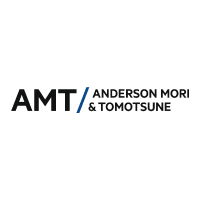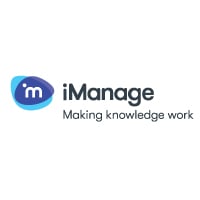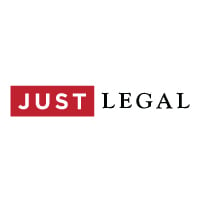

Statutory executive officer and chief legal officer Japan | MetLife







Tadashi Koizumi
Statutory executive officer and chief legal officer Japan | MetLife
What are the most significant cases, projects or transactions that you and your legal team have recently been involved in?
As chief legal officer Japan, I have led MetLife Japan’s legal department as both a strategic business partner and a guardian of the company’s brand—safeguarding it from legal, regulatory, and reputational risks. Japan Legal has actively contributed to the company’s five-year business strategy by providing legal insight and support across key areas such as product development, reinsurance, distribution, investment, and operations. Beyond resolving individual legal issues, the team has also delivered training to business partners based on lessons learned, with the aim of strengthening internal controls and enhancing corporate governance.
How do you approach managing legal aspects during periods of instability or crisis to ensure the organisation’s resilience?
During periods of instability or crisis, Legal focuses on early risk identification, cross-functional collaboration, and governance reinforcement. We work closely with business leaders to assess legal and regulatory impacts, ensure continuity of critical legal support, and maintain transparent communication with stakeholders. Through timely legal judgment and strengthened controls, we help sustain organisational resilience and trust.
Based on your experiences in the past year, are there any trends in the legal or business world that you are keeping an eye on that you think other in-house lawyers should be mindful of?
Legal is increasingly shifting from a purely risk management function to a strategic partner that actively supports business growth. Within our organisation, this evolution is reflected in initiatives such as the “New Frontier” strategy —MetLife’s new five-year business strategy—, which emphasises deeper cross-functional collaboration, redefined relationships with external law firms, and benchmarking legal services for quality and efficiency.
These efforts underscore a growing expectation for in-house legal teams to adopt a more practical and commercially minded approach—one that enables them to contribute directly to business strategy and execution.
What factors influence your team’s decision to use external legal services versus handling matters in-house, and what criteria are used to evaluate their performance?
The decision to engage external legal counsel versus handling matters in-house is based on a balanced assessment of factors such as subject-matter expertise, internal capacity, timelines, and cost. When a matter requires deep specialisation or when internal resources are constrained, we strategically leverage external firms.
Crucially, whether the work is performed by outside counsel or in-house lawyers, one consistent expectation remains: the ability to bring a commercial mindset and deliver value beyond legal accuracy. We look for legal professionals who understand the business context and proactively contribute to strategic outcomes.
External counsel are evaluated based on the quality and practicality of their advice, responsiveness, cost transparency, and their alignment with our business objectives. This approach ensures that our legal function remains both effective and commercially relevant.
Statutory executive officer and chief legal officer Japan | MetLife
Statutory executive officer and chief legal officer | MetLife